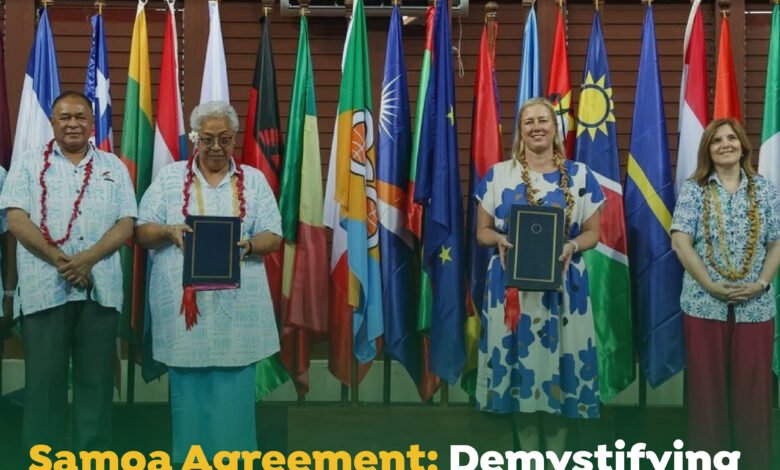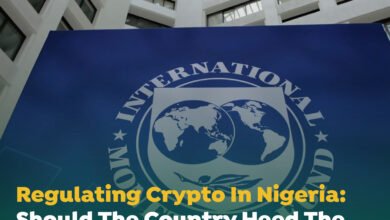
Nigerians woke up to a contentious publication by the Daily Trust newspaper on Wednesday, July 3, 2024.
The paper reported that the federal government had signed a $150 Billion Samoa Deal, which mandated recipients of the loan to allow Lesbian, Gay, Bisexual, Transgender, and Queer (LGBTQ) rights in their domains.
Expectedly, the report sparked outrage, with many citizens, including clerics, politicians, and public servants, criticizing the government for consenting to a deal that supposedly contradicted the law, tradition, and culture of the people.
The Samoa Deal: Unveiling the Details
The Samoa Deal, christened after the Pacific Island Samoa where it was signed on November 15, 2023, originated from the European Union and was intended for its African, Caribbean and Pacific (ACP) region countries. However, Nigeria withheld its signature in November due to controversial sections of the clause, particularly the one allegedly promoting LGBTQ rights.
While details about the specific clauses in question remain unclear, some Nigerians believe they undermine the country’s existing Same-Sex Marriage Prohibition Act of 2014.
This act prescribes a 14-year jail sentence for anyone found engaging in same-sex relationships
Eight months after rejecting the deal, Nigeria finally signed on June 28th at a European Union reception in Abuja. This disclosure by the Minister of Budget and Economic Planning, Abubakar Atiku Bagudu, triggered the Daily Trust’s controversial report.
Amid the backlash that followed the Daily Trust report, the federal government has clarified the clauses in the Agreement that were misconstrued as promoting same-sex marriage.
The Minister of Information, Mohammed Idris, explained that the Samoa Agreement is “a vital legal framework for cooperation between the OACPS and the European Union, to promote sustainable development, fight climate change and its effects, generate investment opportunities, and foster collaboration among the OACPS Member States at the international stage.”
The Minister added that the country has “an existing legislation against same-sex relationships” and, contrary to reports, the Samoa Agreement does not invalidate any of Nigeria’s laws.
Nigeria’s endorsement was accompanied by a Statement of Declaration, dated 26th June 2024, clarifying its understanding and context of the Agreement within its jurisdiction to the effect that any provision that is inconsistent with the laws of Nigeria shall be invalid.”
Noting that the Samoa Deal was signed in the interest of the country, Mohammed Idris said the 103 Articles and Provisions of the Agreement were carefully reviewed by the Interministerial Committee, convened by the Federal Ministry of Budget and Economic Planning (FMBEP) in collaboration with the Ministry of Foreign Affairs (MFA) and the Federal Ministry of Justice (FMOJ). He assured that none of the clauses therein are against the 1999 Constitution and other existing laws.
Same-Sex Marriage Remains Illegal
Nigeria’s stance on homosexuality is clear. In 2014, a bill criminalizing same-sex relationships with a 14-year prison sentence was passed following a diplomatic rift between former President Goodluck Jonathan and then-US President Barack Obama. While popular with Nigerians and some African leaders, the bill drew criticism from the US government.
Transparency is Key
Experts have applauded the government’s swift clarification regarding the Samoa Deal. They acknowledge that the agreement cannot supersede Nigerian law, including the anti-gay marriage bill. However, they urge the government to improve communication with the public on sensitive agreements to prevent media outlets from publishing misleading stories that spark outrage.
While the government emphasizes the Samoa Deal’s role in sustainable development and collaboration, there is less discussion regarding the potential economic benefits for Nigeria. Is the $150 billion a loan, grant, or a combination of both?
What specific economic opportunities might arise from this agreement? Experts believe the government should address these questions to promote transparency and public trust





